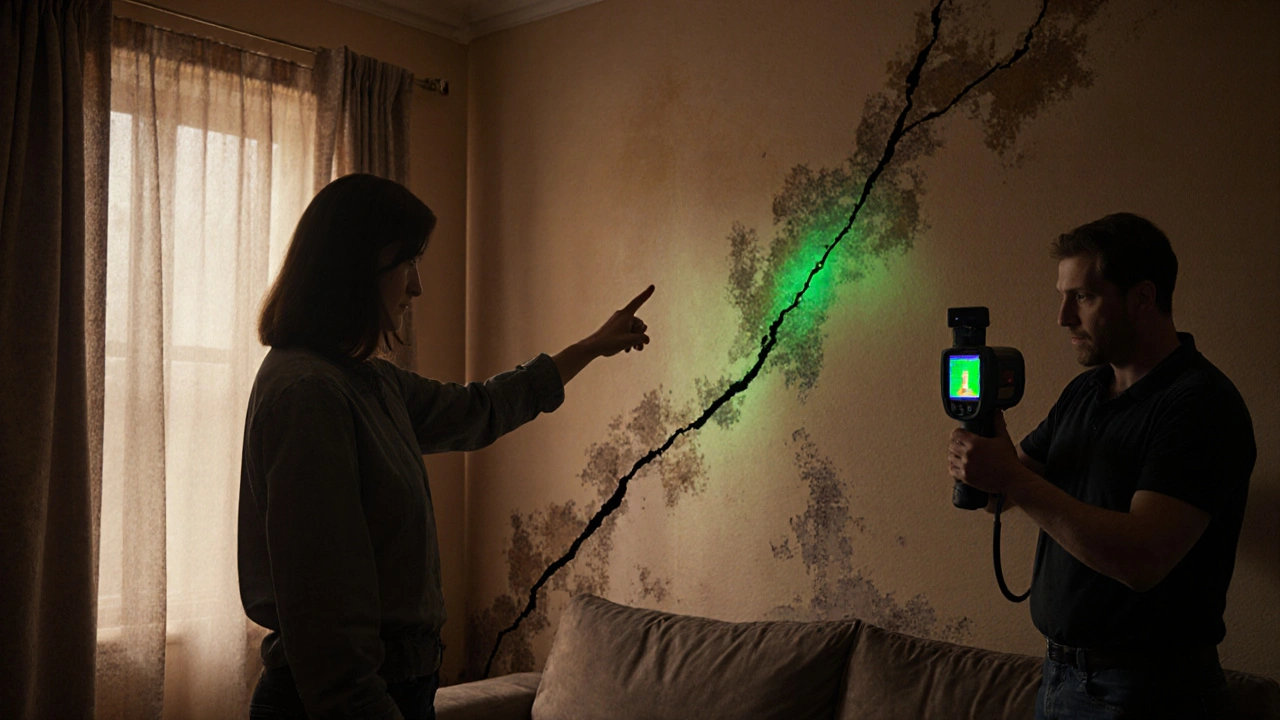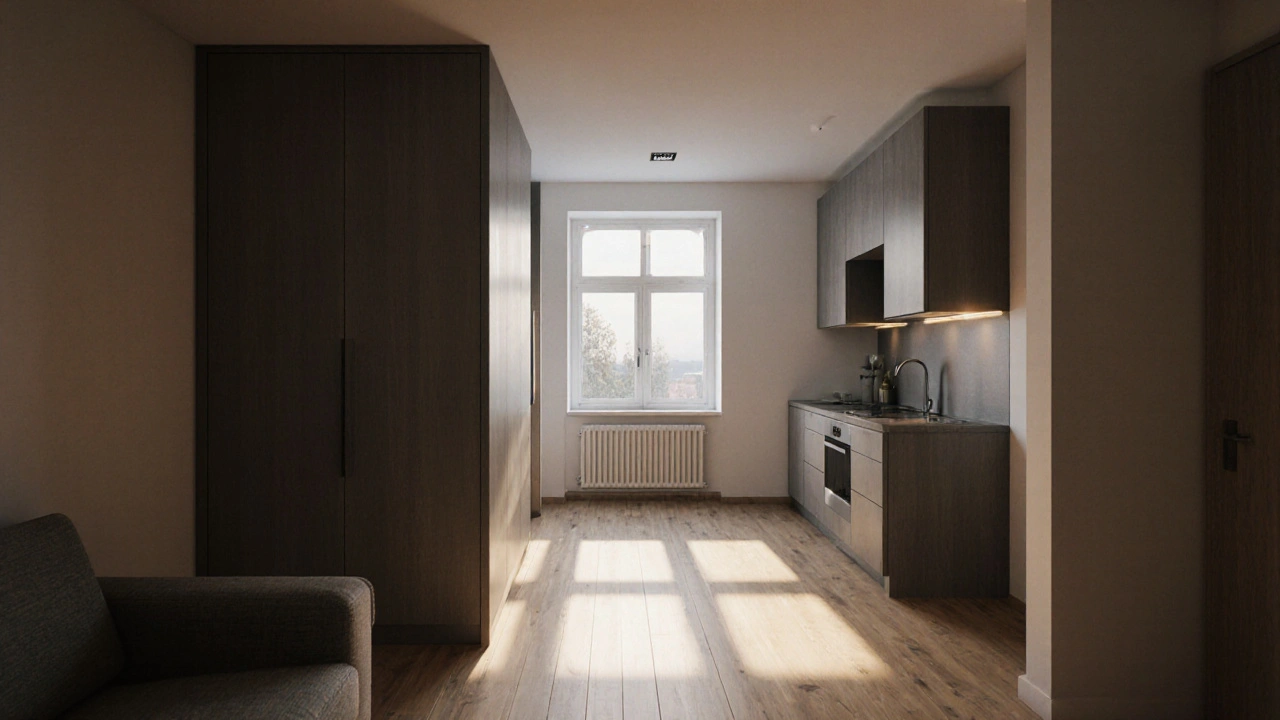Občanský zákoník – co potřebujete vědět při rekonstrukcích a smlouvách
When working with občanský zákoník, český právní dokument, který reguluje vztahy mezi fyzickými i právnickými osobami v oblasti majetku, smluv a závazků. Also known as Civilní zákon, it serves as the backbone for many everyday decisions, especially those involving rekonstrukci bytu and společné jmění.
The civil code občanský zákoník directly affects how you can finance a renovation. When you apply for an úvěr na rekonstrukci, the lender checks if the contract complies with §§ 2056‑2075, which govern obligations to perform a work. Ignoring these provisions can lead to delayed payments or even contract termination. Understanding the legal framework helps you avoid the most common pitfalls that appear in many DIY‑oriented guides.
Klíčové oblasti, kde občanský zákoník zasahuje
One of the most frequent questions concerns the division of ownership in a marriage. The code defines what belongs to společné jmění and what stays outside, which is crucial when buying or selling a property during a renovation. If you plan to add a new door or change the floor, you need to know whether the investment enhances the shared property or stays as personal. This distinction influences tax treatment and future inheritance.
Another practical sphere is the nájemní smlouva. The civil code sets the rights and duties of both landlord and tenant, including how renovations can be scheduled without breaching the lease. Articles 865‑867 outline the landlord’s obligation to maintain the premises, while tenants can demand compensation for temporary inconvenience. Many of the articles in our collection discuss how to communicate these changes to neighbors and avoid disputes.
When it comes to building permits, the code interacts with local regulations. Before you start tearing down a wall, you must confirm that the work does not violate the property’s structural integrity as defined in § 1021. Sloppy planning can lead to fines or the need to reverse the work. Our guides on “Jak udělat patinu na nábytku” or “Jak zvednout vstupní dveře” all assume you have cleared the legal side first.
Contractual relationships are also covered. For example, a contractor’s liability for defects is regulated in §§ 2586‑2594. If the work is not performed according to the agreement, you can demand a price reduction or even a contract termination. This legal background often gets omitted in DIY blogs, but it saves you money and headaches later.
Financing a reconstruction often involves multiple parties – you, the bank, and the contractor. The civil code ensures that each party’s obligations are transparent. For instance, § 2092 states that a borrower must provide collateral that aligns with the loan purpose. Ignoring this can cause the loan to be declared void, which is why many of our financial articles stress the importance of checking the contract against the code.
Legal protection also extends to personal property. If you buy a second‑hand sofa or a used mattress, the civil code clarifies the seller’s responsibility for hidden defects under § 2166. Our article about donating used mattresses references these rights, showing how the law supports sustainable choices.
In the context of neighbor relations, the code defines noise limits and the right to peaceful enjoyment of property. When you start a noisy renovation, informing your neighbors isn’t just polite – it’s a legal duty under §§ 1240‑1247. Our guide “Upozornění sousedů na rekonstrukci” builds on this principle.
Overall, the občanský zákoník ties together finance, construction, ownership, and tenancy into a single framework. By understanding its main provisions, you can plan renovations, secure loans, and manage property rights without unexpected setbacks. Below you’ll find a curated selection of articles that dive deeper into each of these topics, offering step‑by‑step instructions, checklists, and real‑world examples that respect the legal requirements.
Zjistili jste skrytou vadu v koupené nemovitosti? Víte, že máte právo na odstoupení od smlouvy, pokud je vada vážná a nebyla známá? Tento návod vás provede krok za krokem, jak to udělat správně, co potřebujete a jak se vyhnout běžným chybám.
Komplexní přehled, co spadá pod příslušenství bytu, jaké jsou právní rozdíly, co nepatří, a praktické tipy pro prodej i pronájem.

